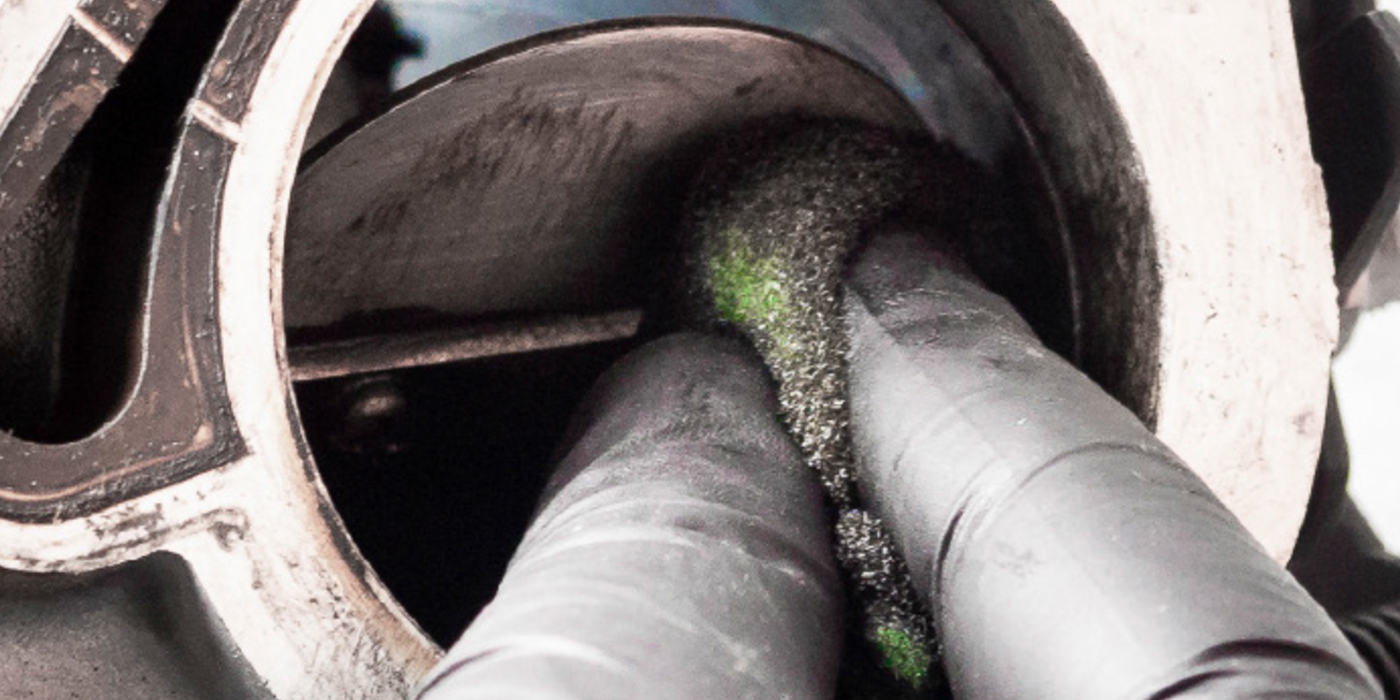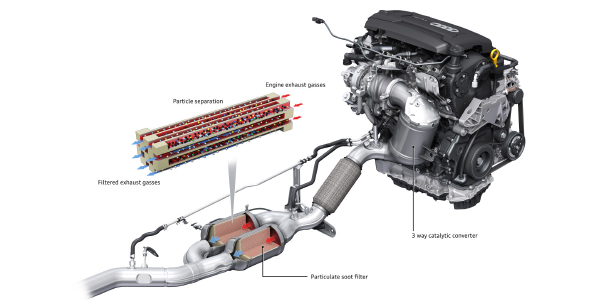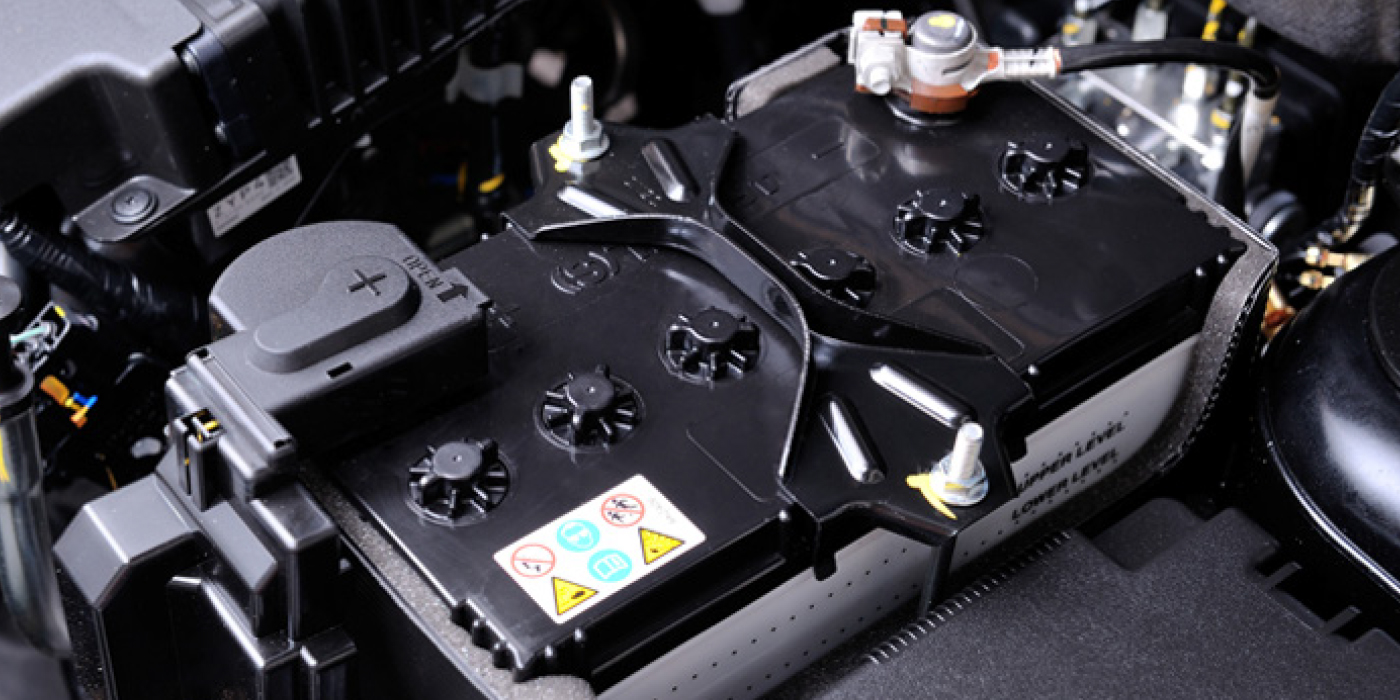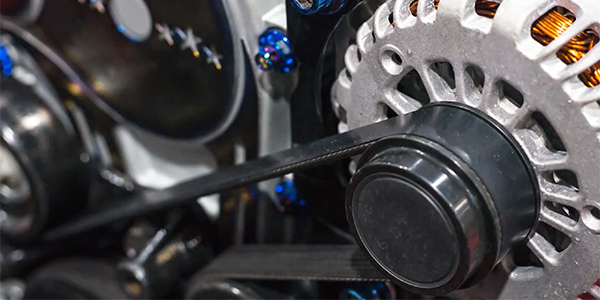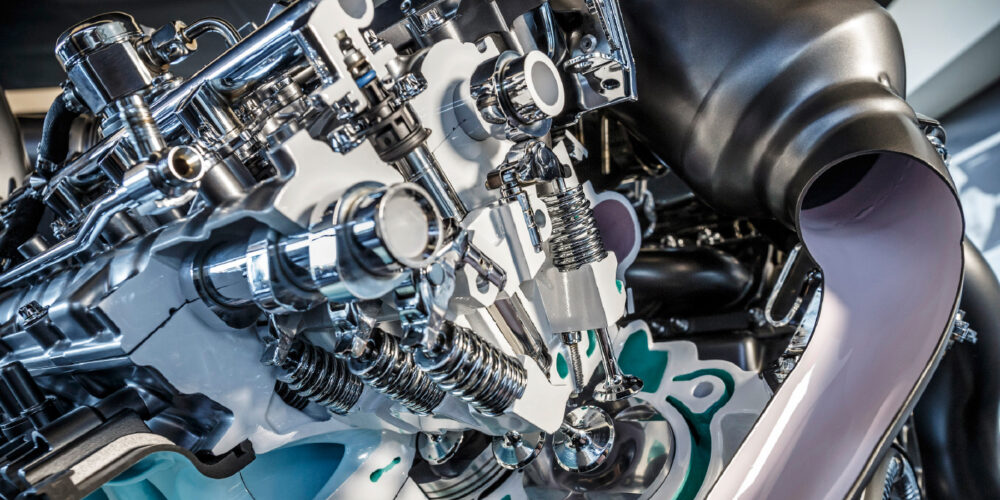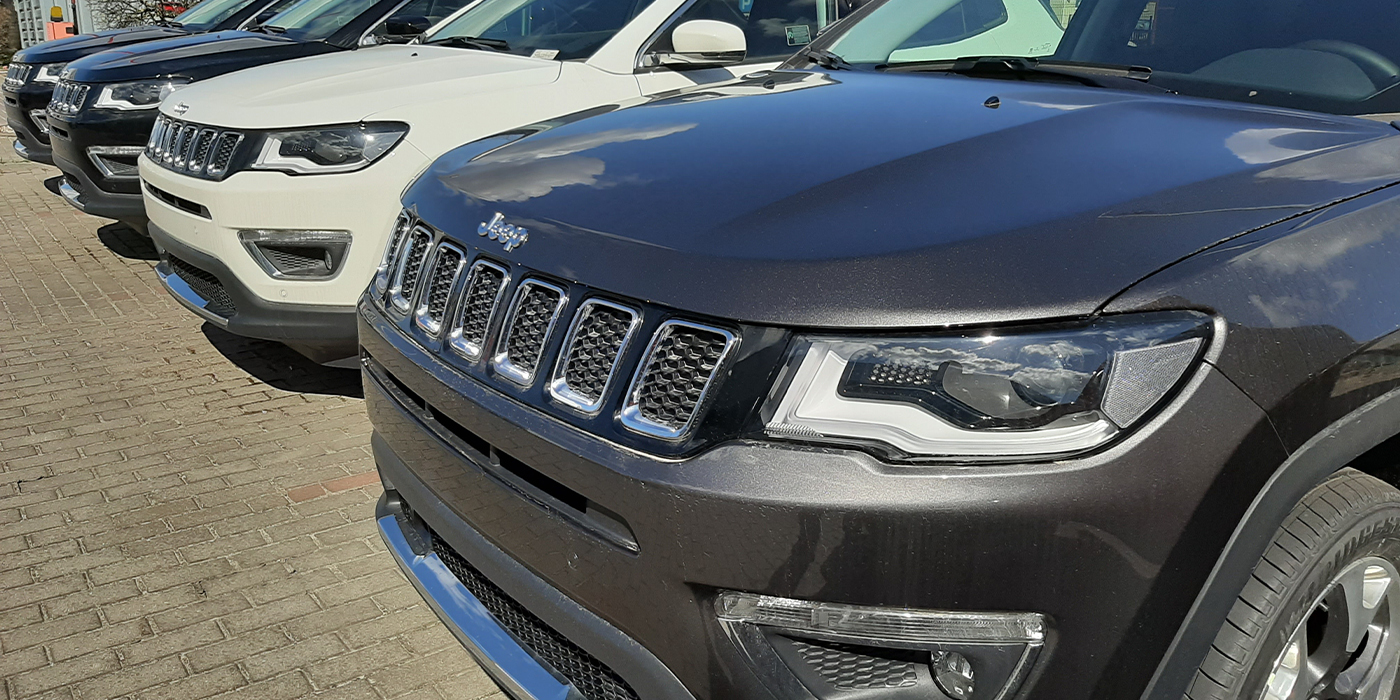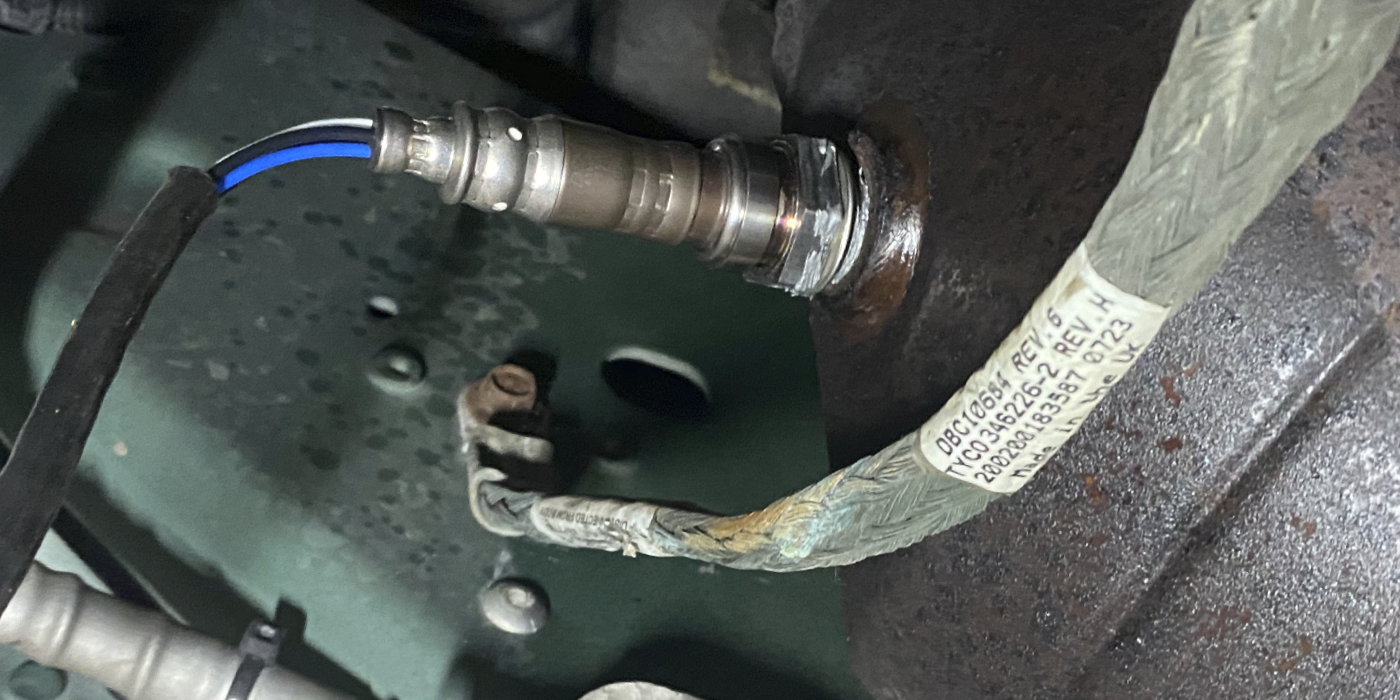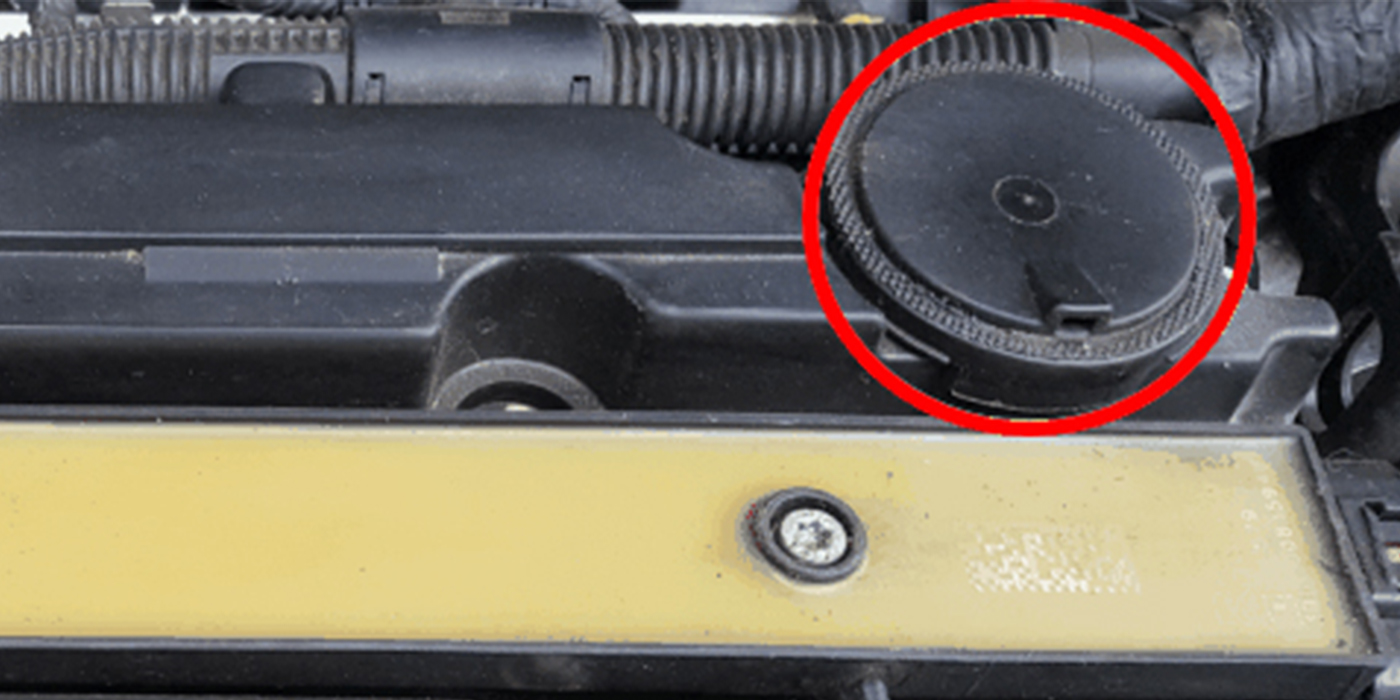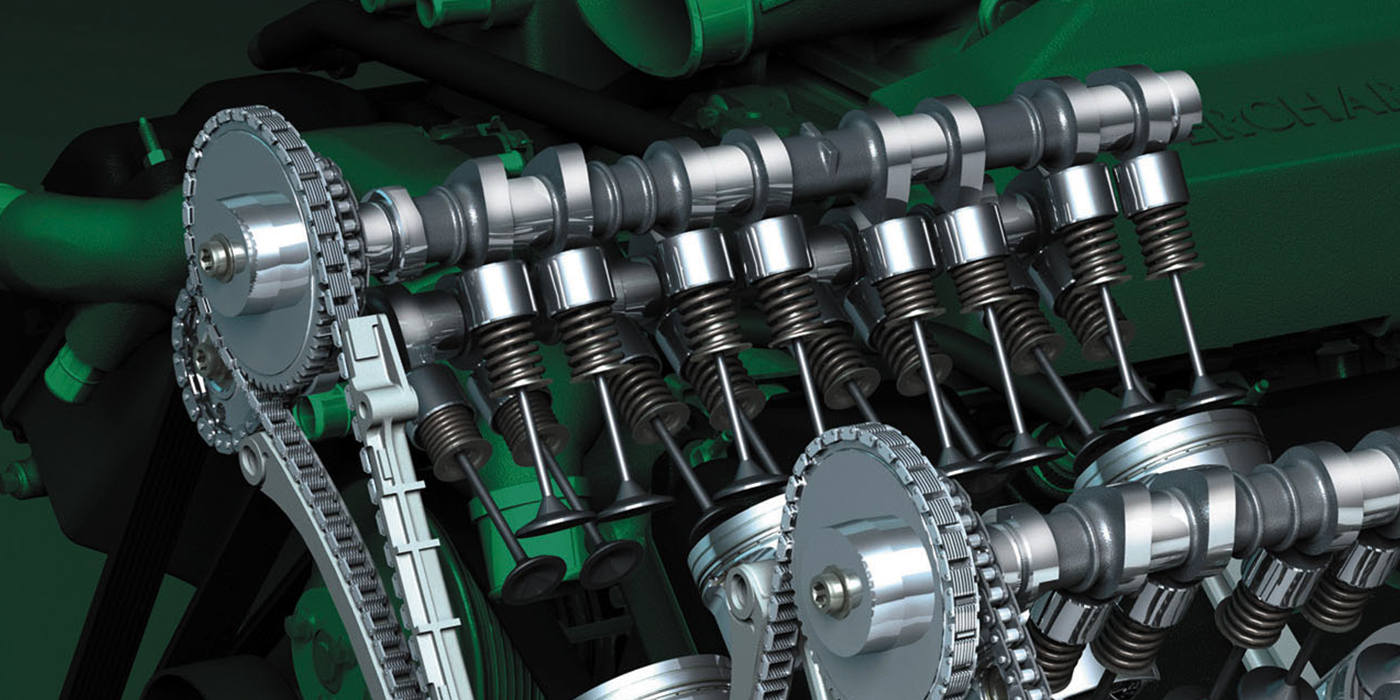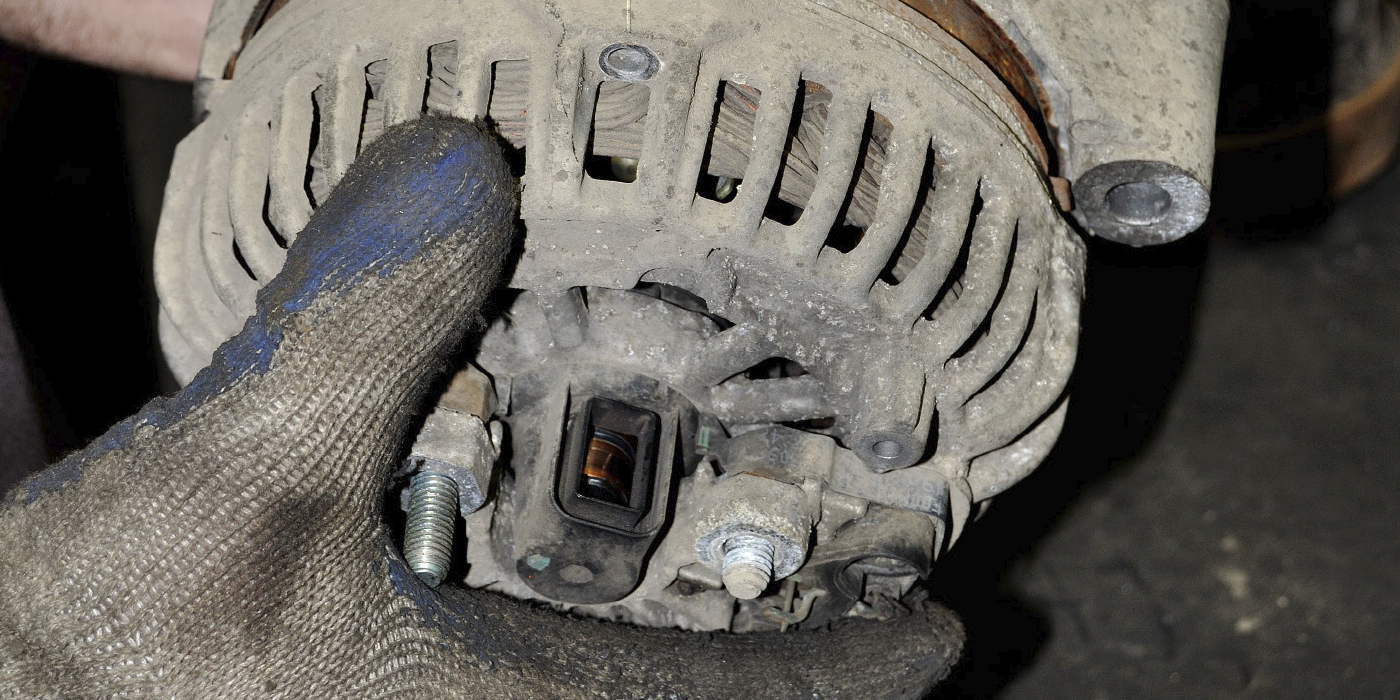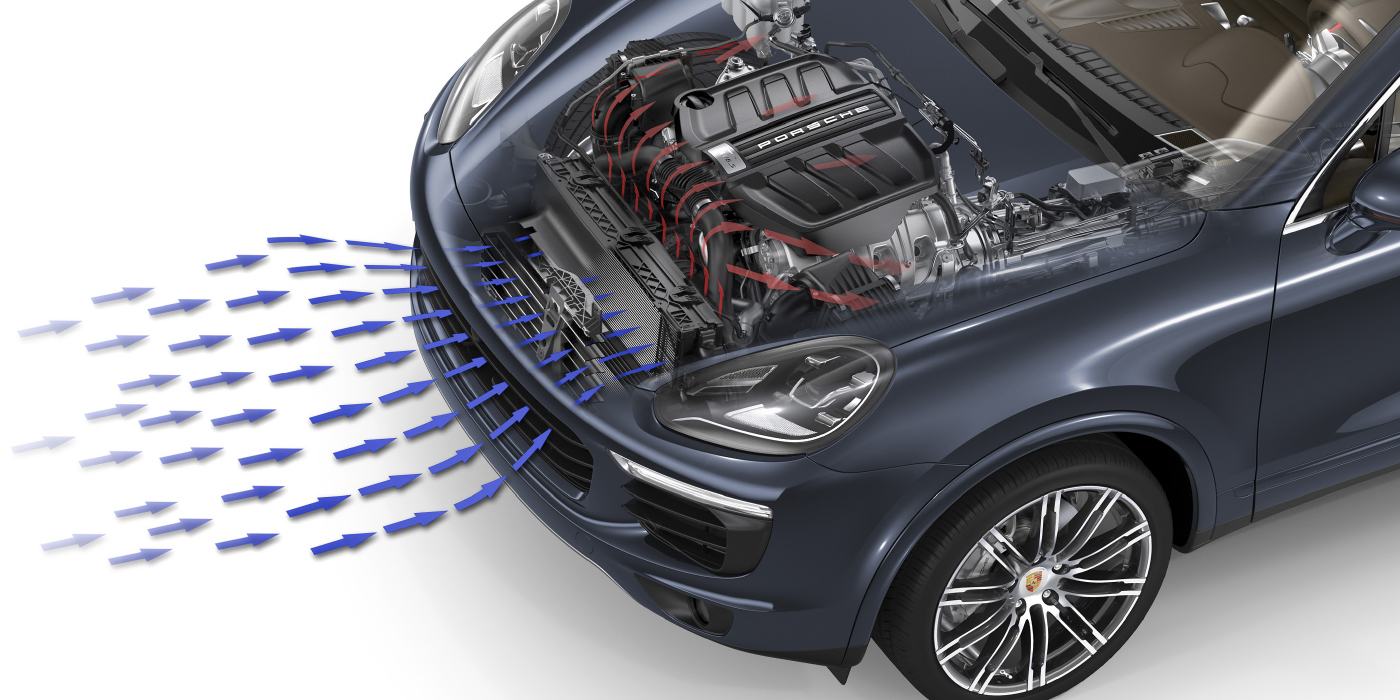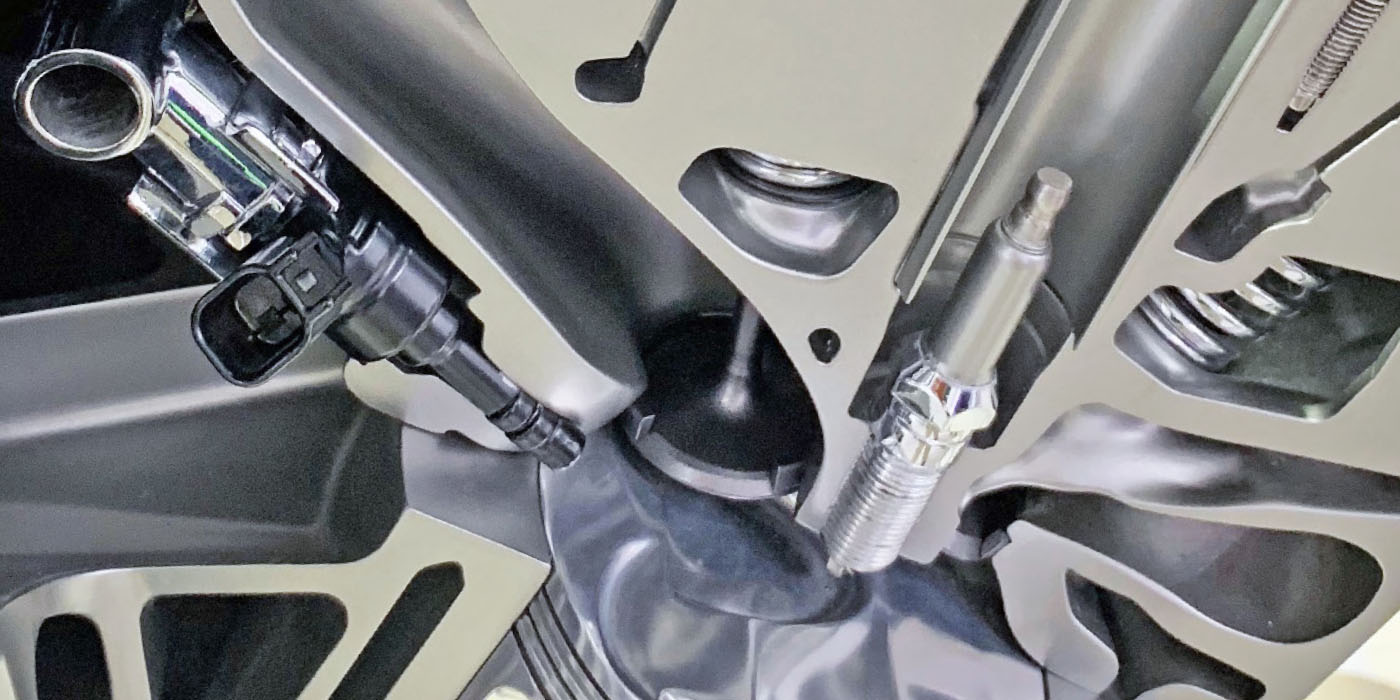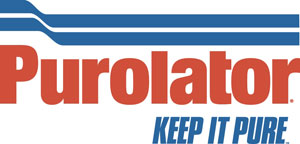 Whether you are an automotive service professional doing an oil and filter change on a large motor coach or a do-it-yourselfer (DIYer) who enjoys working on your car, or even a regular motorist who prefers to take the vehicle in to a shop for regular oil and filter change, if you have any filter-related question, you need only contact the Purolator PROS (Purolator Response Office). Purolator PROS is a free phone and email service offered by Purolator, supplier of top quality oil, air and cabin air filters to the North American aftermarket.
Whether you are an automotive service professional doing an oil and filter change on a large motor coach or a do-it-yourselfer (DIYer) who enjoys working on your car, or even a regular motorist who prefers to take the vehicle in to a shop for regular oil and filter change, if you have any filter-related question, you need only contact the Purolator PROS (Purolator Response Office). Purolator PROS is a free phone and email service offered by Purolator, supplier of top quality oil, air and cabin air filters to the North American aftermarket.
The Purolator PROs can be contacted through the Purolator website at http://www.purolatorautofilters.net. You can expect to receive a personal email reply within 48 hours. Or, you can call the toll-free Purolator hotline at 1-800-526-4250 between 7 a.m. until 6 p.m. CST Monday through Friday and on Saturdays from 8 a.m. until 4 p.m. CST.
“The Purolator PROs can answer virtually any question about filtration – from application data, dimensional specifications, media design and configuration to installation procedures,” said Purolator spokesman Chuck Kerrigan. This free service, according to Kerrigan, represents Purolator’s focus on excellence in customer service – a benefit it offers to automotive service professionals and to the motoring public.
The Purolator PROs have access to an extensive database of filter-related technical and service information that can potentially answer a wide array of questions. Purolator’s experience in automotive filters dates back to 1923 when it invented the first automotive oil filter. In fact, the company name Purolator is short for “Pure Oil Later.” Purolator also invented the first full flow oil filter in 1943 and the first spin on oil filter in 1955.
Kerrigan points out that the Purolator website www.purolatorautofilters.net itself is a repository for many years of technical and marketing knowledge.
Purolator manufactures and supplies high quality automotive and heavy duty filters to the North American aftermarket and original equipment manufacturers. Inventor of the automotive oil filter in 1923, Purolator has, since then, pioneered more than 40 ‘firsts’ in the filtration industry. In fact, the first automotive oil filter was called a ‘Purolator,’ short for ‘pure oil later.’ Currently, the Purolator brand has more than 2,000 part numbers for automotive, light truck and heavy-duty applications. Now part of the Bosch umbrella of automotive aftermarket products within NAFTA, Purolator’s advanced aftermarket filters include:
• PureONE and Purolator Classic oil filters;
• PureONE and Purolator Classic air filters;
• BreatheEasy cabin air filters; and
• The ‘forgotten filters,’ including transmission filters, fuel filters, breathers and PCV valves.
To learn more about Purolator filters and the filtration category, visit www.purolatorautofilters.net.

